Billy K. Baker -- It's a Wonder
- 10/19/2019 07:53 AM (update 04/10/2023 11:09 PM)

When thinking about our language, written and verbal, I’m appalled at its incompleteness, its inconsistencies, its idiosyncrasies, appalled at how blithely we accept its flawed definitions and rules. I’m limiting myself here to what we laughably call “English”—the middle American version commonly spoken on television, commonly written on cereal boxes.
Lacking expertise, I do not delve into languages in general or into foreign languages. True, I had German in college, but I got over it. This treatise, in other words, is meant as a piece of fluff, not to be taken seriously by scholars and other madmen.
Take our language’s most basic elements, its atoms—the letters we casually use in forming words. Vowels, in particular, seem to have the solidity of fog. If I write the letter, A, you can’t tell how to pronounce it. Do I mean the A in “take” or the A in “blah”?
That was a trick question. Actually, I meant the A in “aye,” which can be a sailor’s “I” masquerading as “A.” Or is the whole word masquerading? No, that can’t be. If I discard the A in aye, I end up with “ye”—a whole nother word, one falling into disuse, if not disrepute. Therefore, we must conclude that the letter A is crucial in pronouncing aye correctly.
Or is it? Suppose we substitute E for A. Then we get “eye,” pronounced I (as in I give up).
Note the use of “nother,” above. It’s not in my trusty reference: Webster’s New World Dictionary of the American Language, 2nd college edition. Yet, you knew exactly what I meant, didn’t you? (If not, please leave the planet; you must be an alien.)
I’ll have more to say about vowels later on, but let’s turn to consonants. They have a certain solidity, don’t they? Oops! Maybe not. Think of the poor K in “knife.” It is mere decoration. You’d surely understand the word if K was left out.
I suppose the same is true of the W in “wrong,” but W gets special dispensation, being double U in disguise. Getting back to K; even the K is if utterly quiet, it can still be meaningful. Don’t believe me? Try leaving the K out of “know.”
I think I’ve made my case concerning letters. They are unreliable. Avoid them at all costs. (Strange; why would it be wrong to say, “Avoid them at all prices”?)
Well, at least we understand words, right? If I write the word “letter,” surely you know what I mean. … Maybe not. I could be referring to one of the atoms mentioned earlier, or I could be referring to a message in an envelope, or I could be referring to a statute (letter of the law). No doubt about it. Words are untrustworthy; don’t rely on them.
Being an intelligent person, you’ve already spotted the weakness in my arguments: Context! I’m omitting context. If I simply say “right,” it isn’t clear what I mean. But if I attach even one more word: “That’s right.” … “Turn right,” you know precisely what I mean. Right?
Even whole sentences sometimes require context. Don ‘t believe me? Consider the following sentence: Your nose smells.
Okay; context is crucial glue enabling us to derive meaning from words and letters. Now I ask you, when was “context” last included among all the grammar rules and regulations you learned? Almost never, I bet. That means our whole system of language has a crucial component untaught, largely undefined, hardly even mentioned, left adrift in an ocean of phrases, clauses, sentences and (shudder) paragraphs. (You and I have fair comprehension concerning the first three, but aside from format, who can say what a paragraph really is?)
It’s a wonder we can communicate at all.
-- Billy K. Baker writes from Fernley, Nevada and attends the Fernley Senior Center Writing Group. He has published a variety of stories on Amazon Kindle.
Support local, independent news – contribute to The Fallon Post, your non-profit (501c3) online news source for all things Fallon.
Never miss the local news -- read more on The Fallon Post home page.

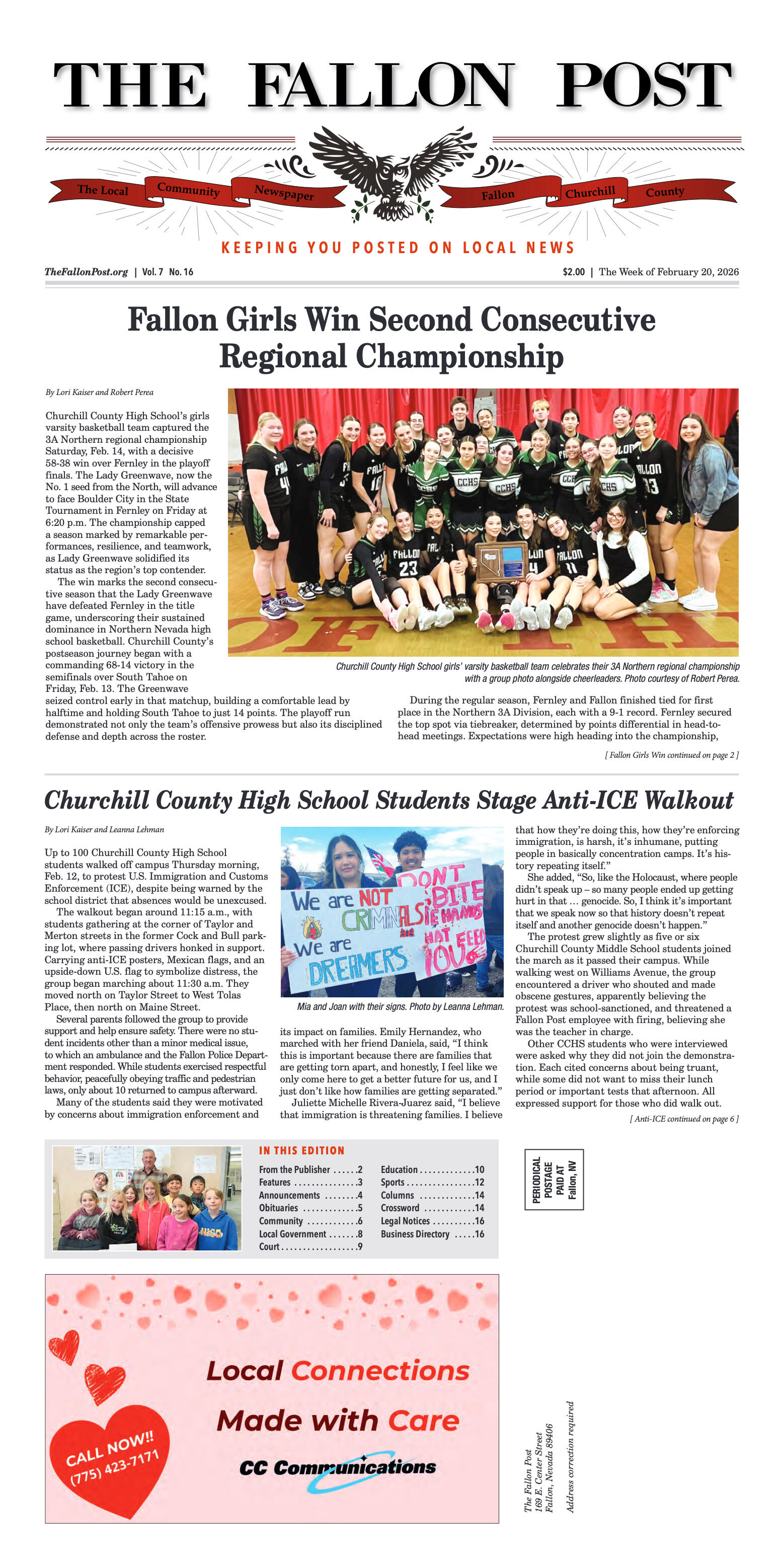
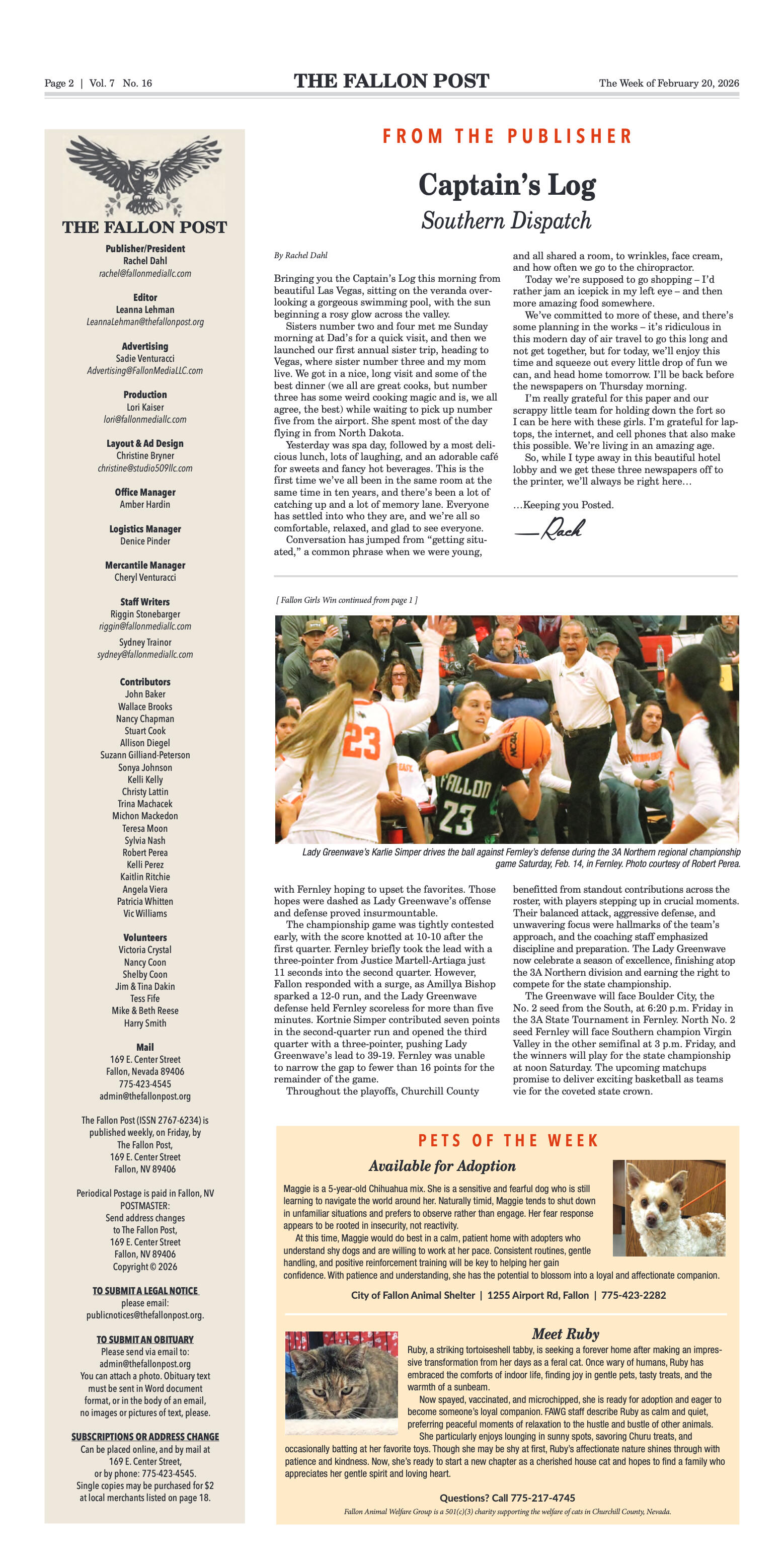
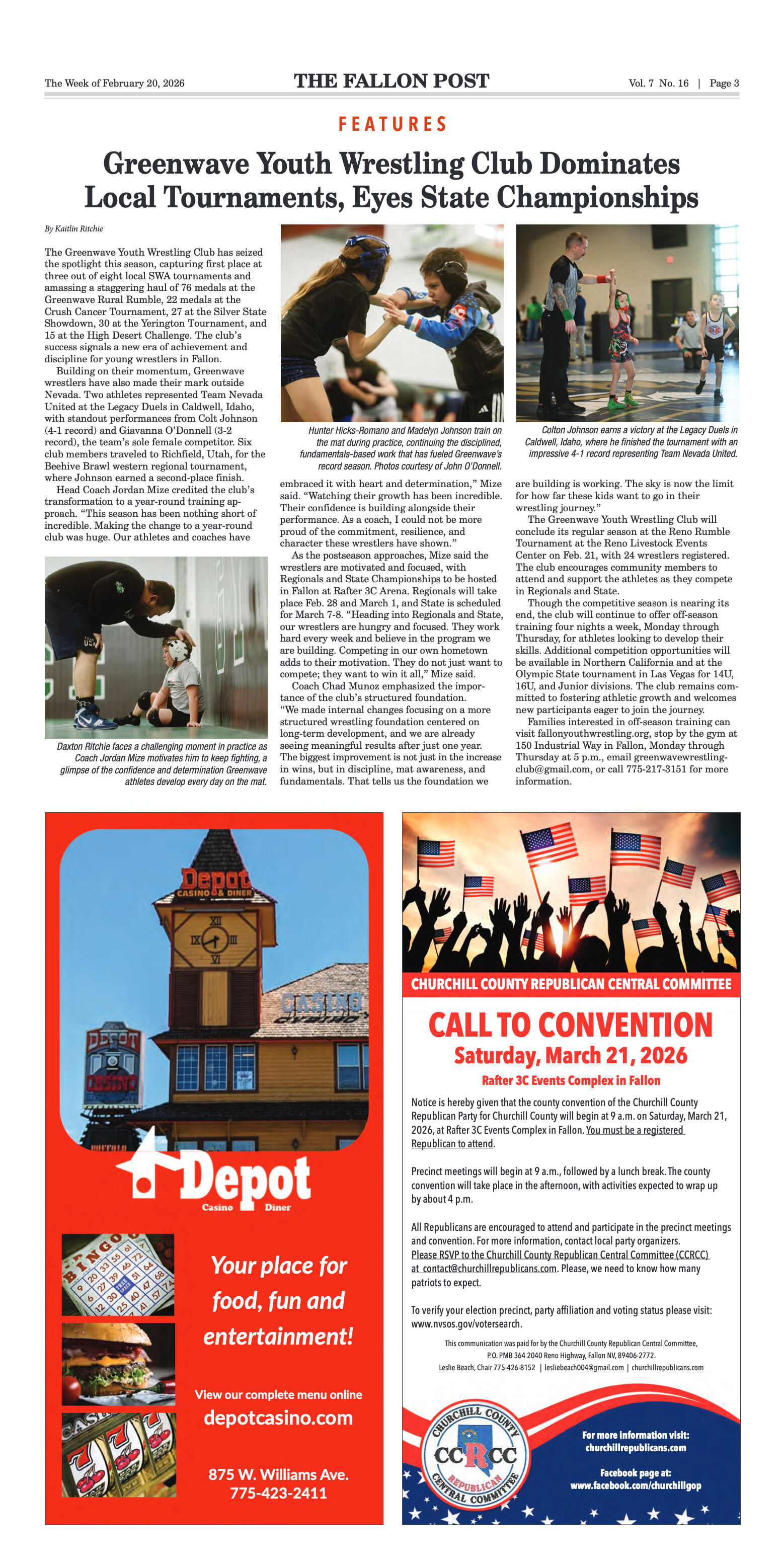
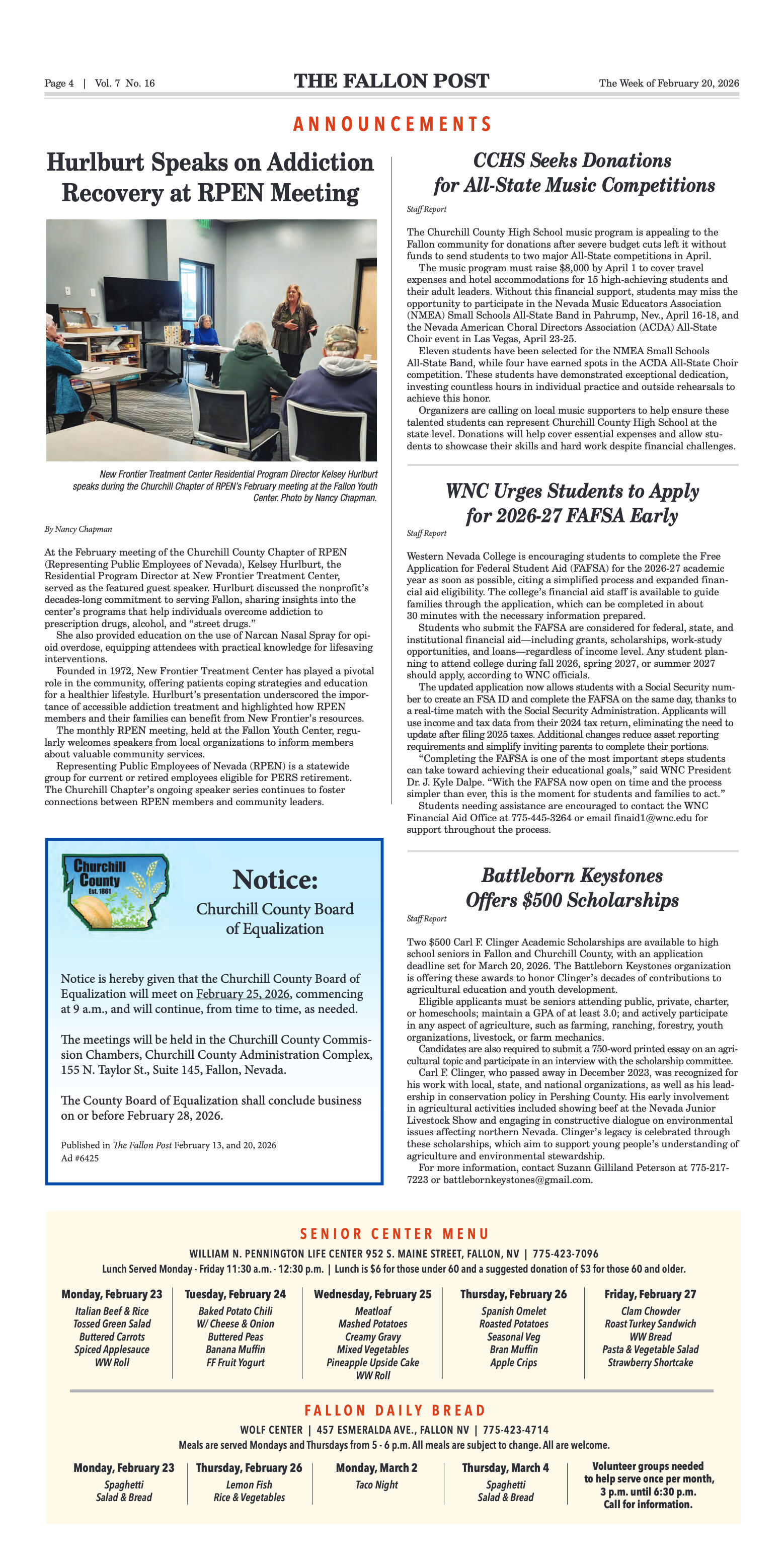
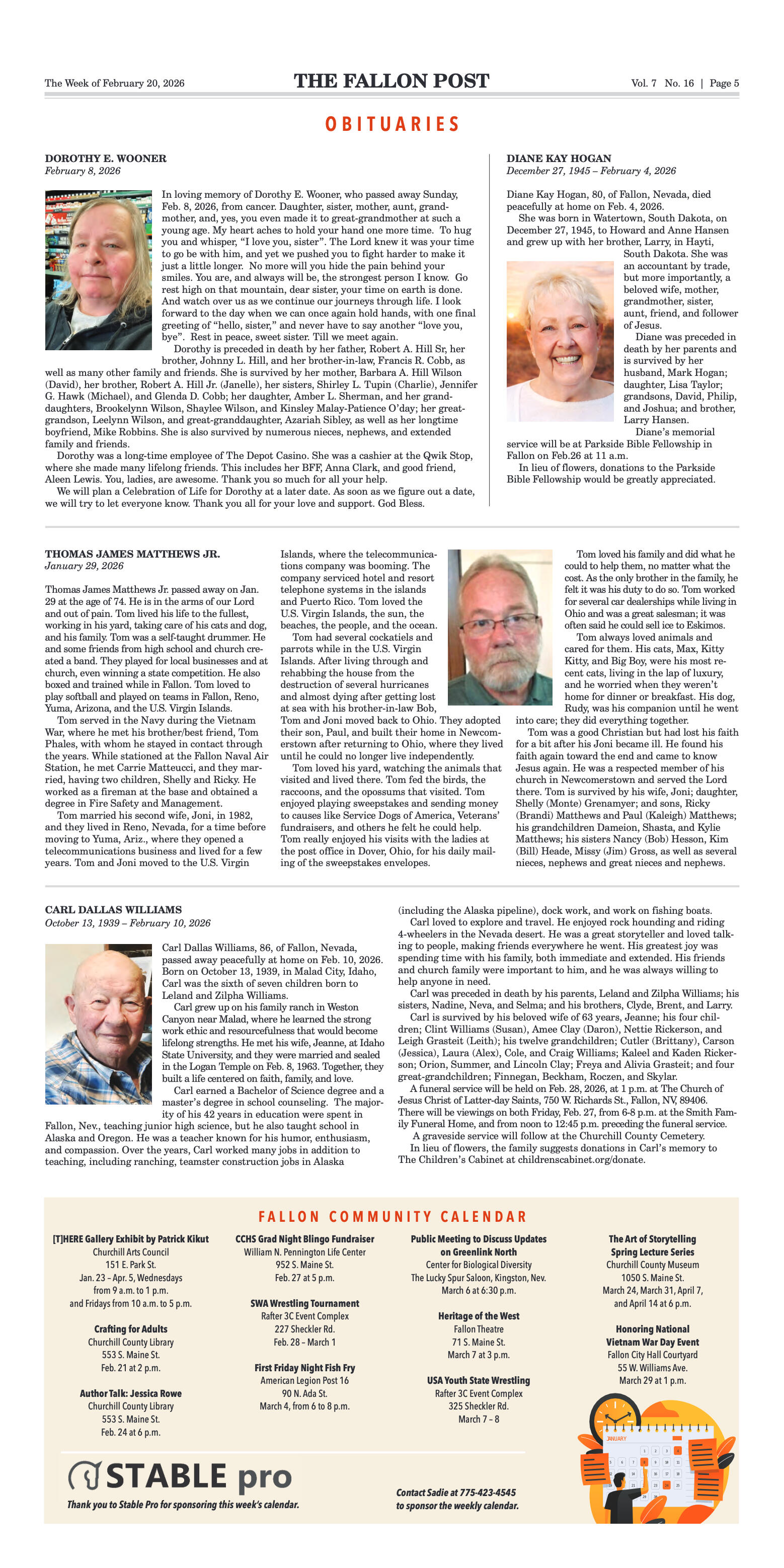
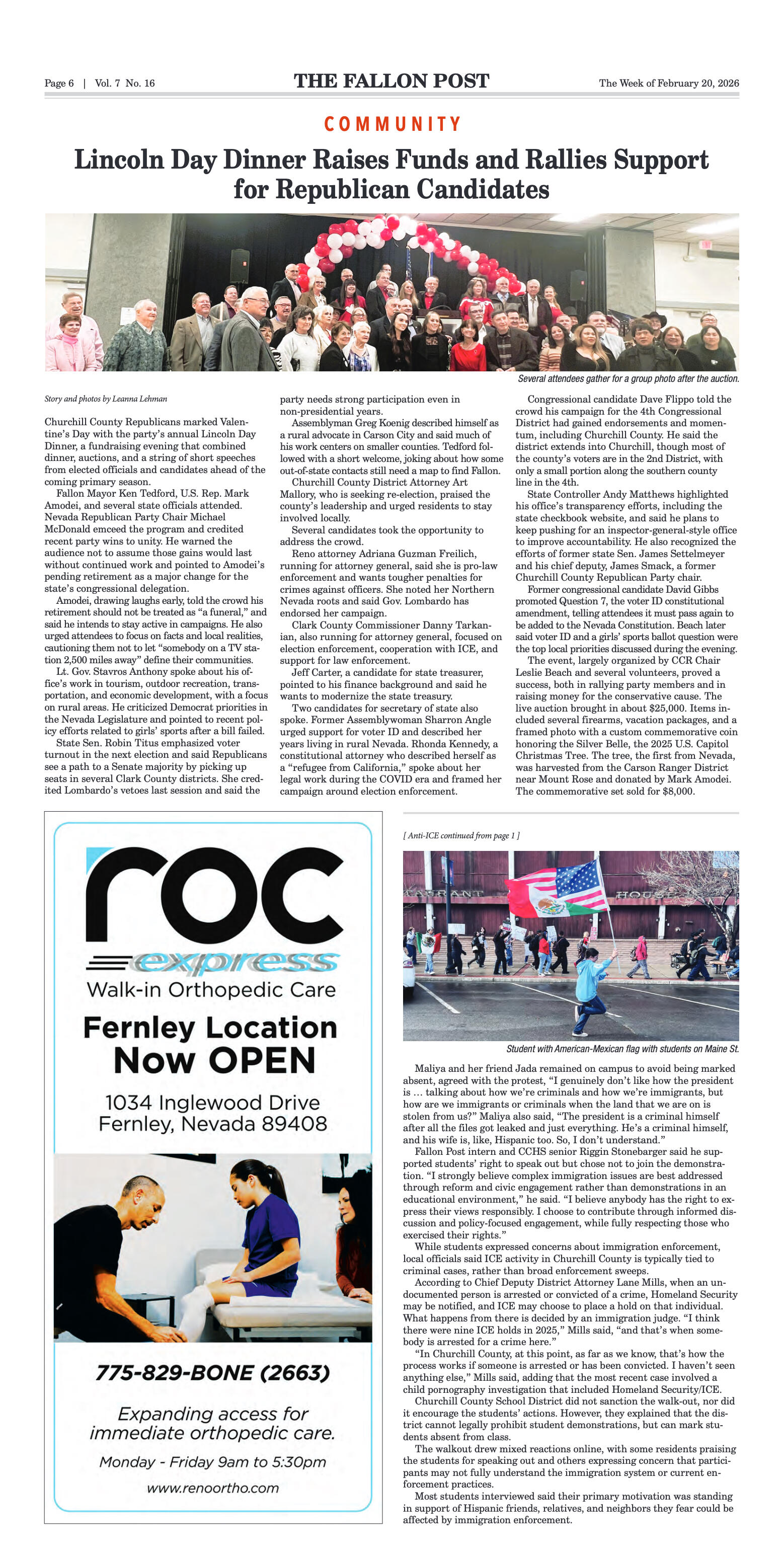
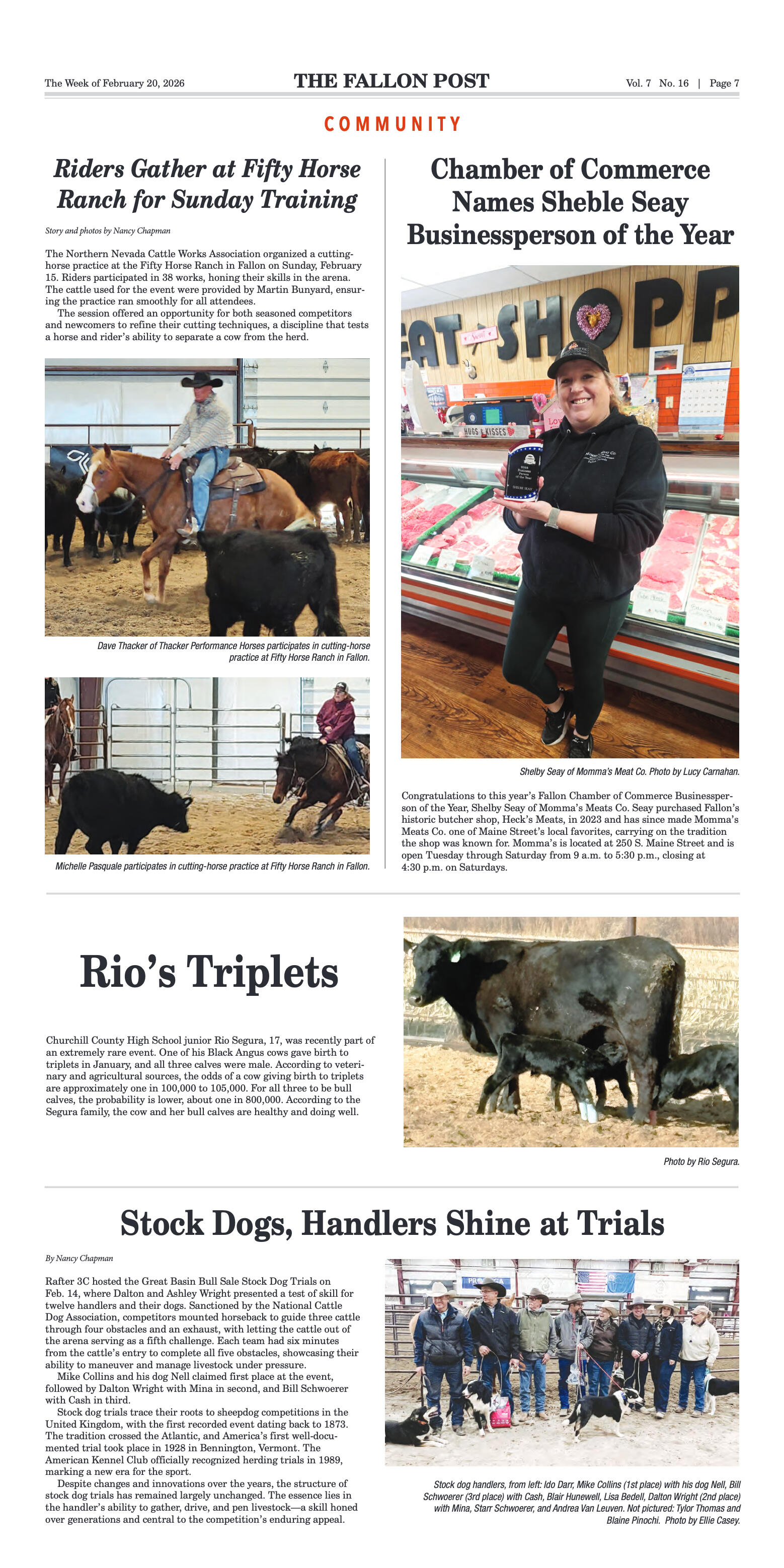
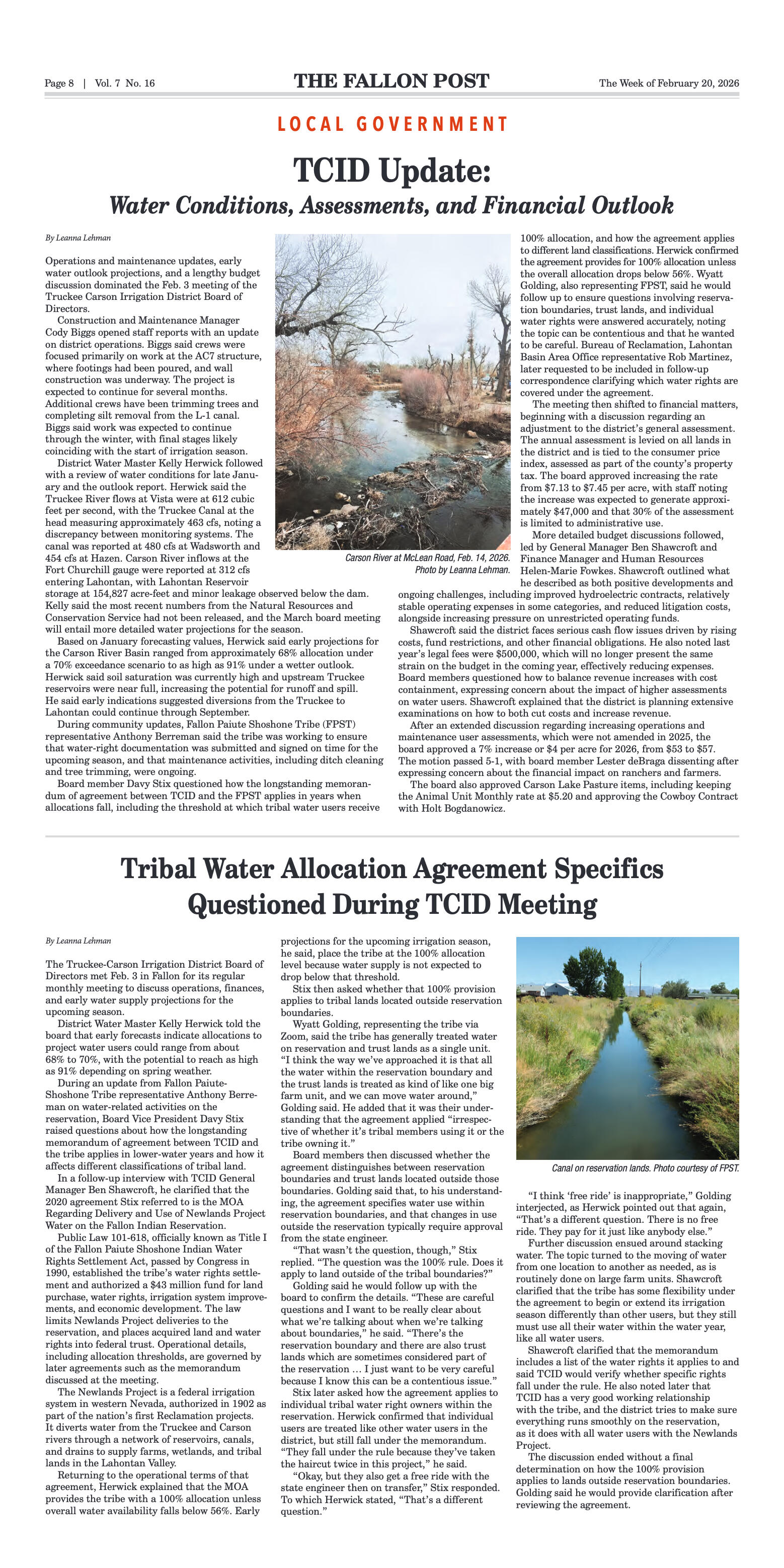
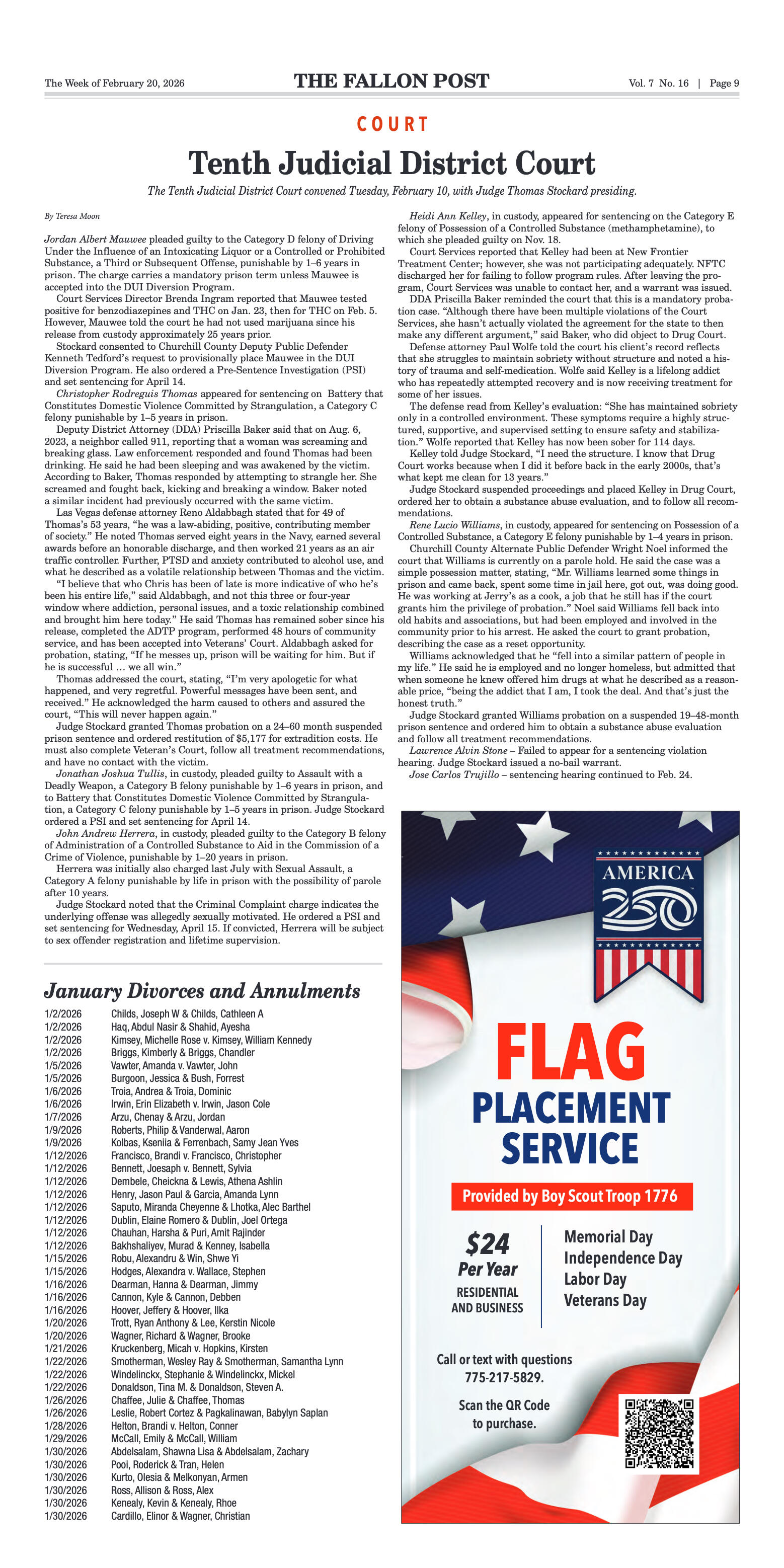
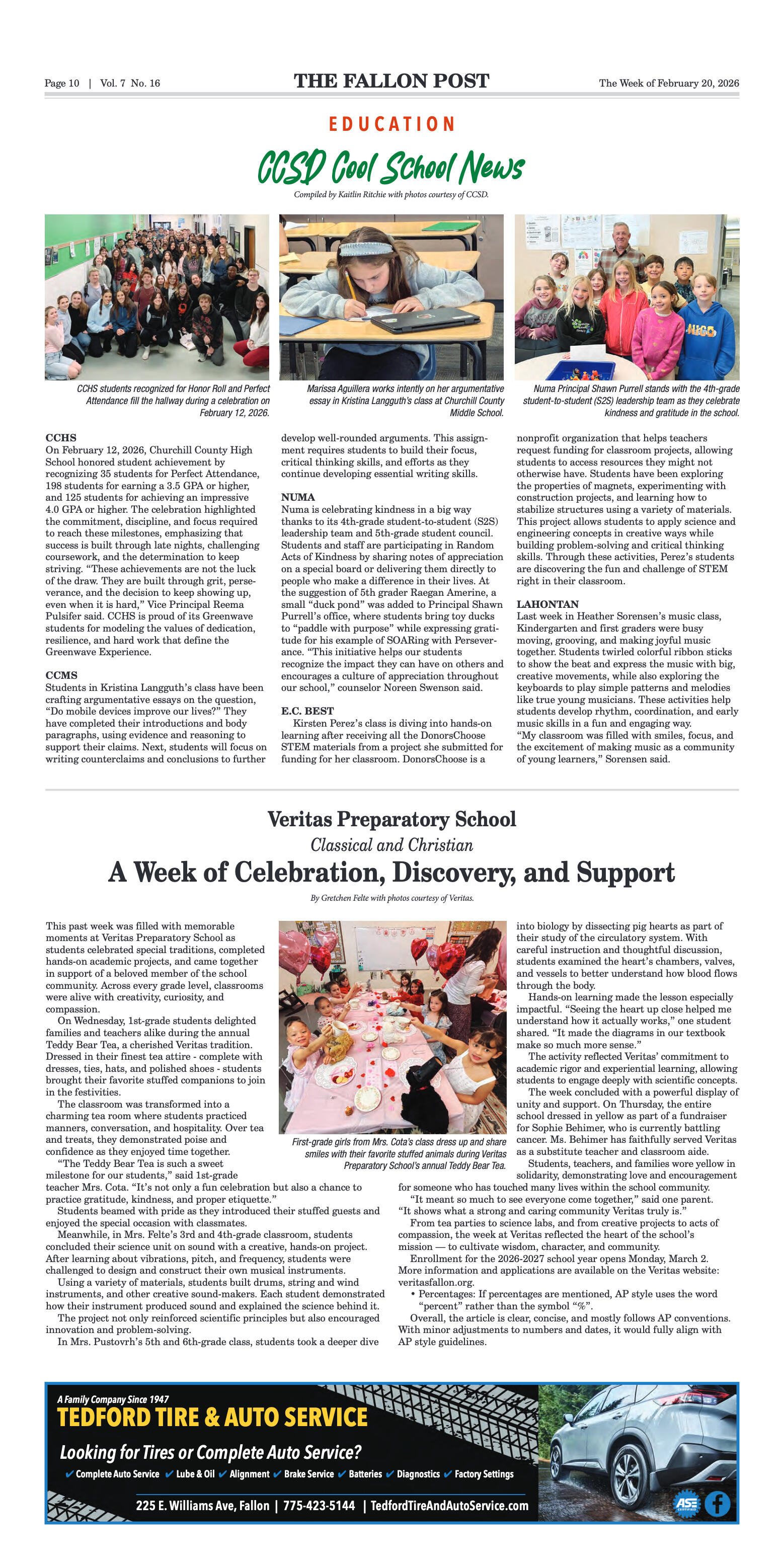
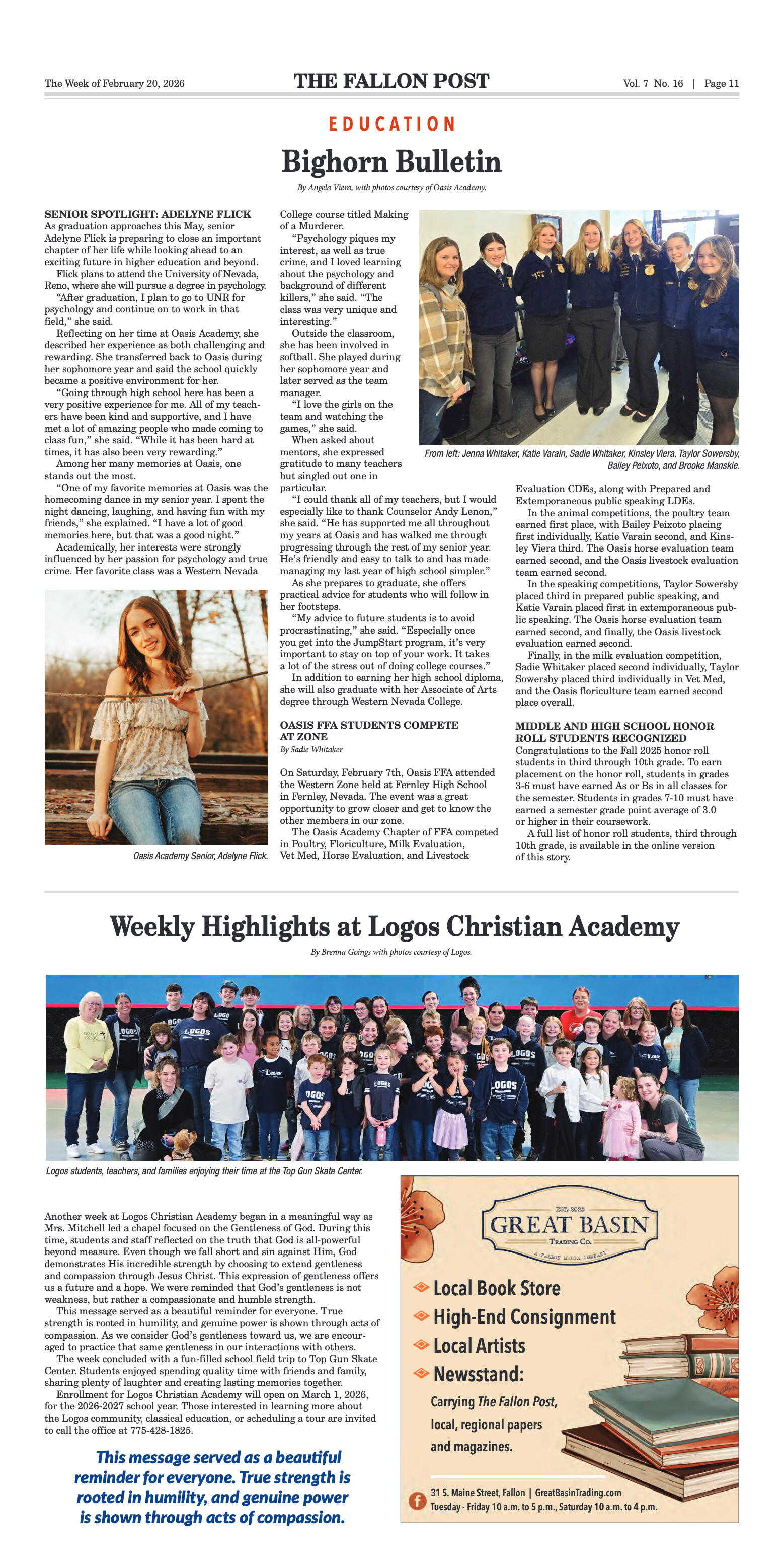
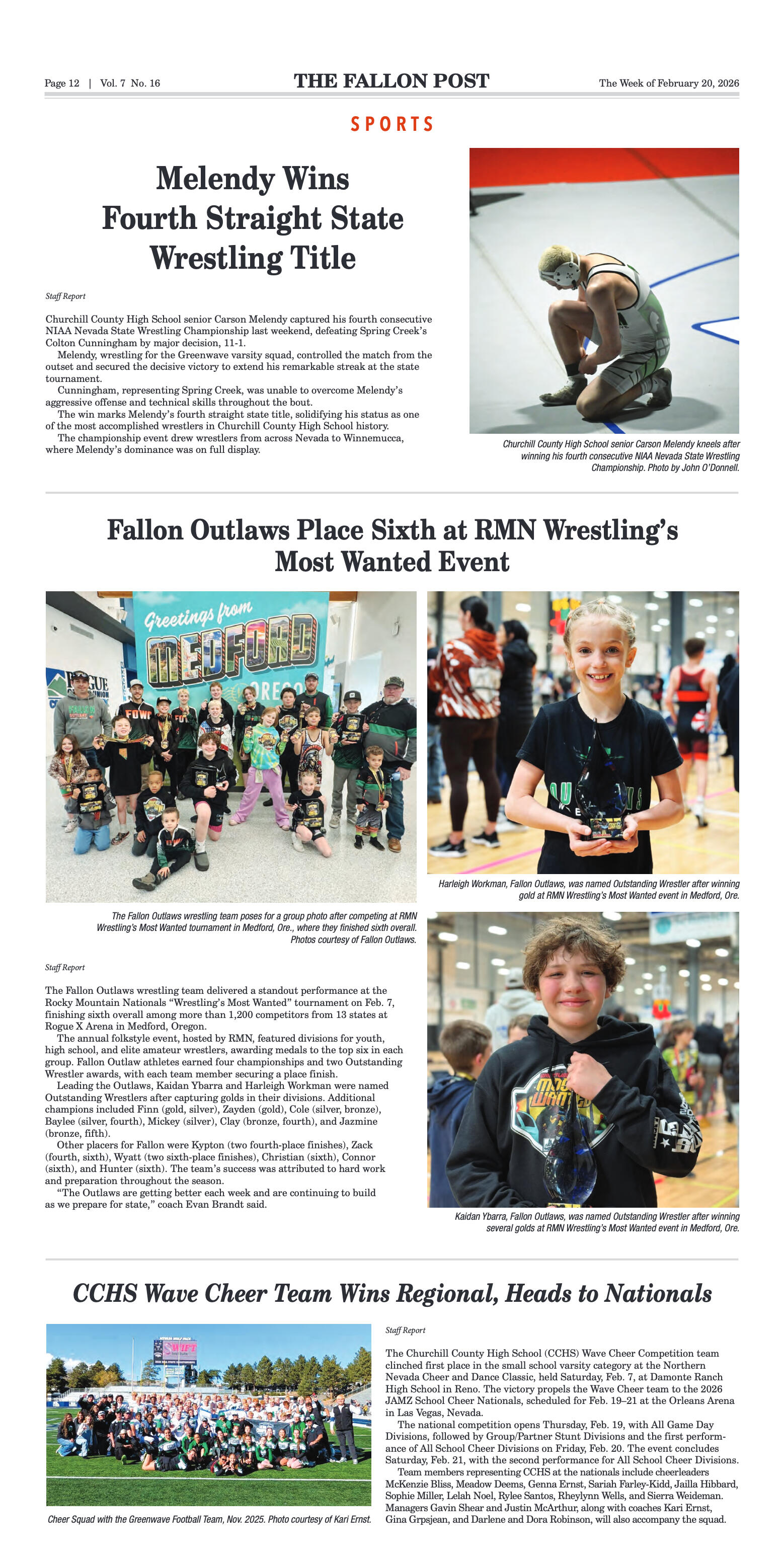
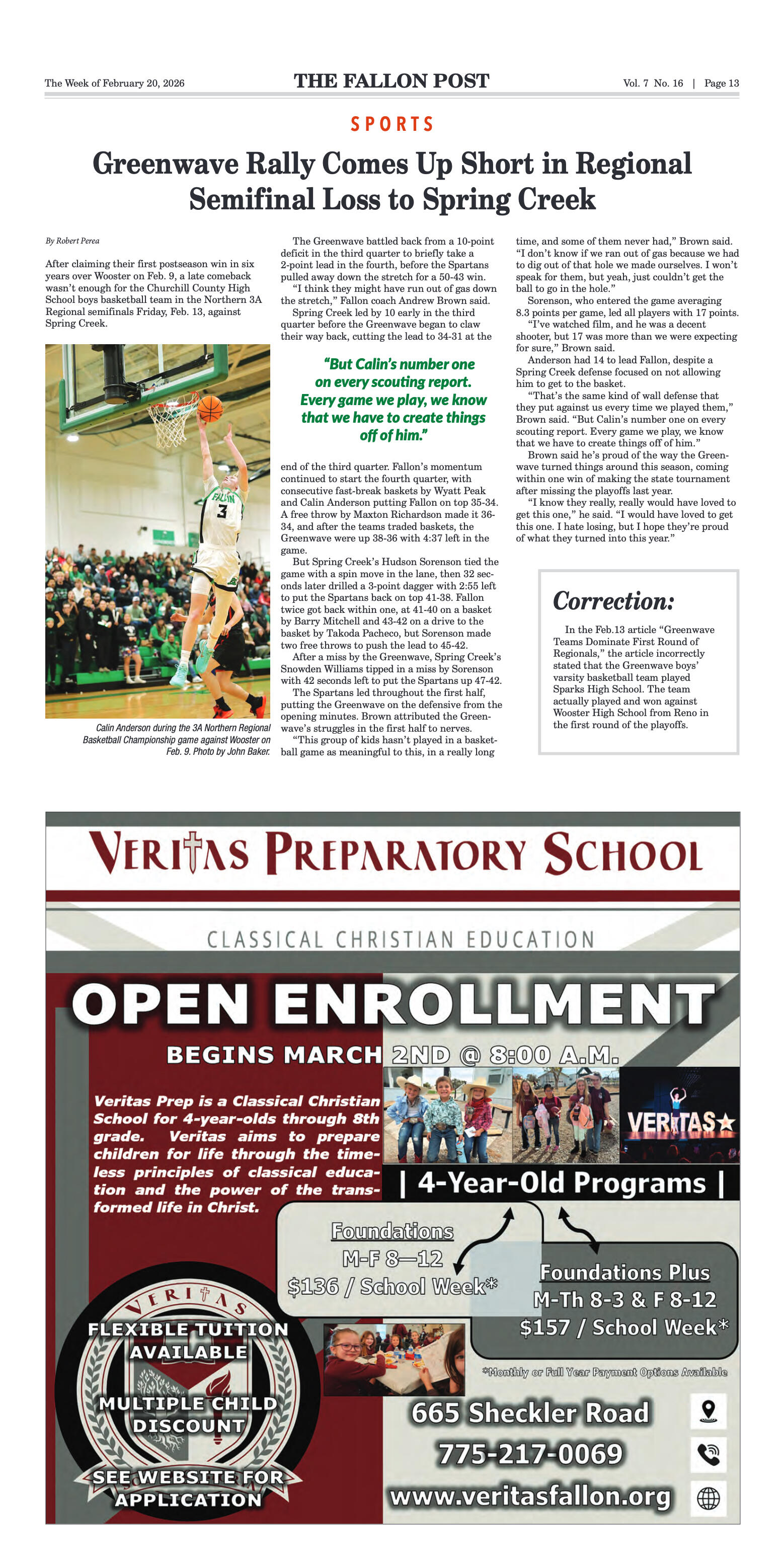
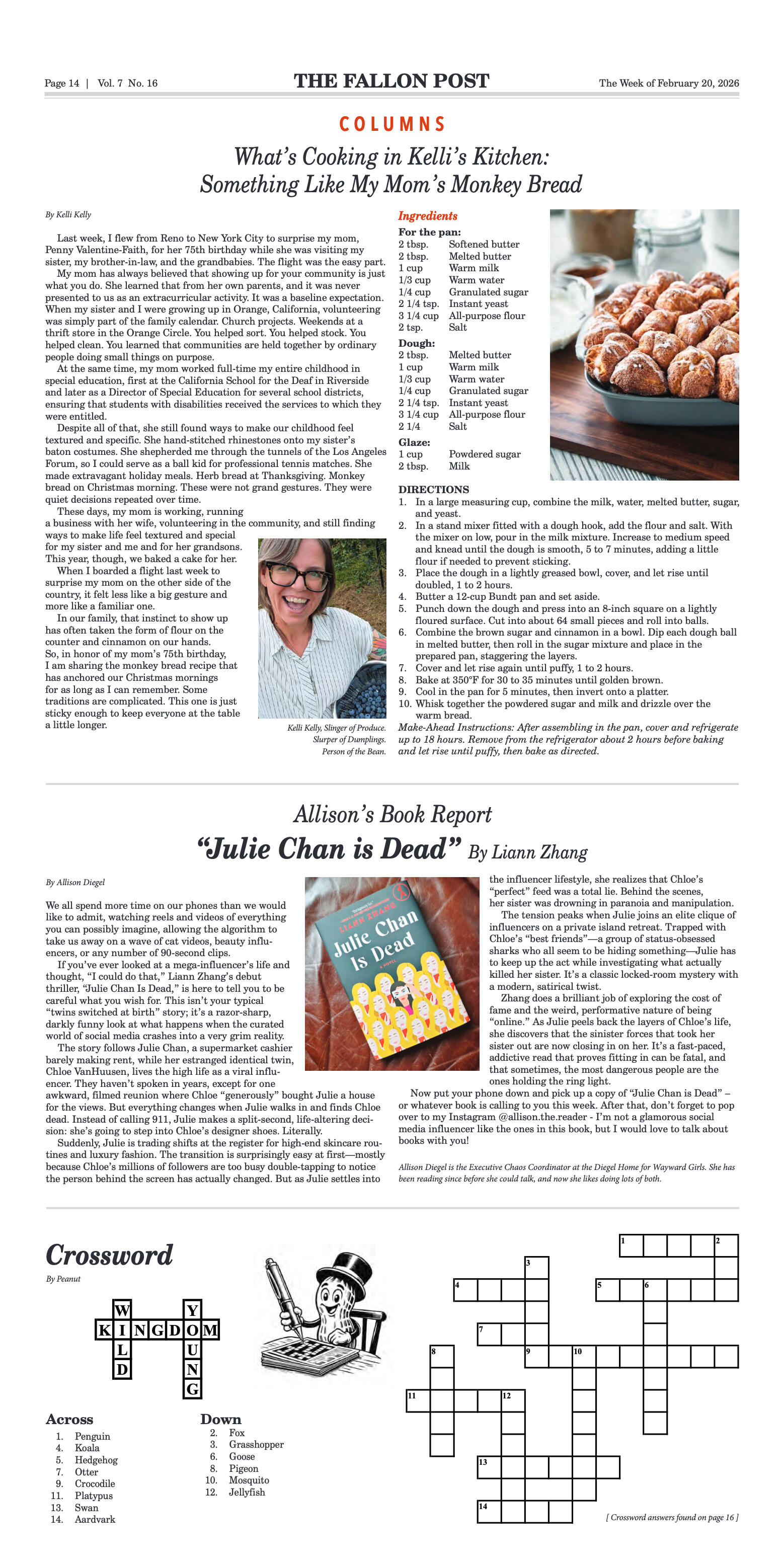
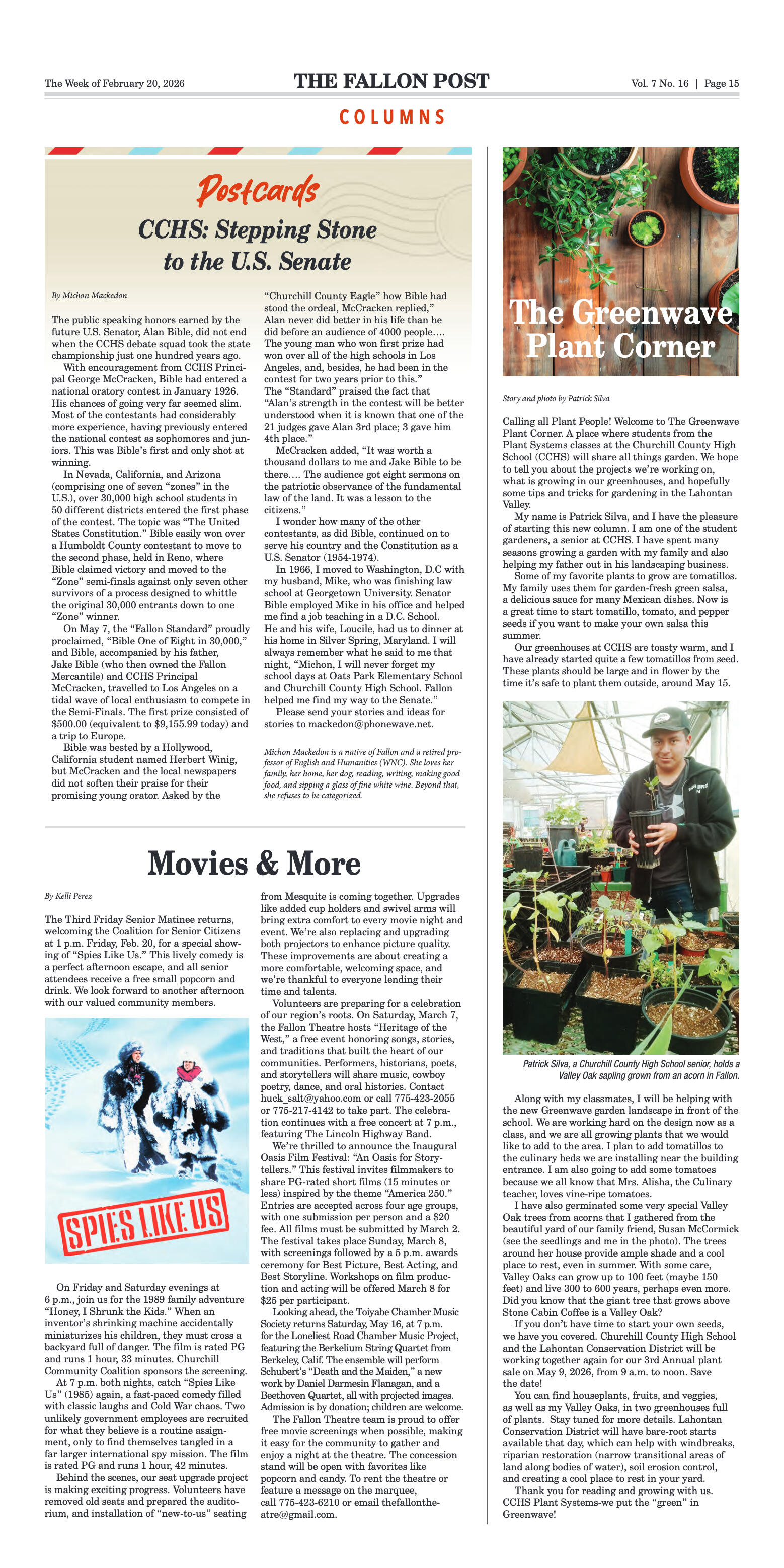
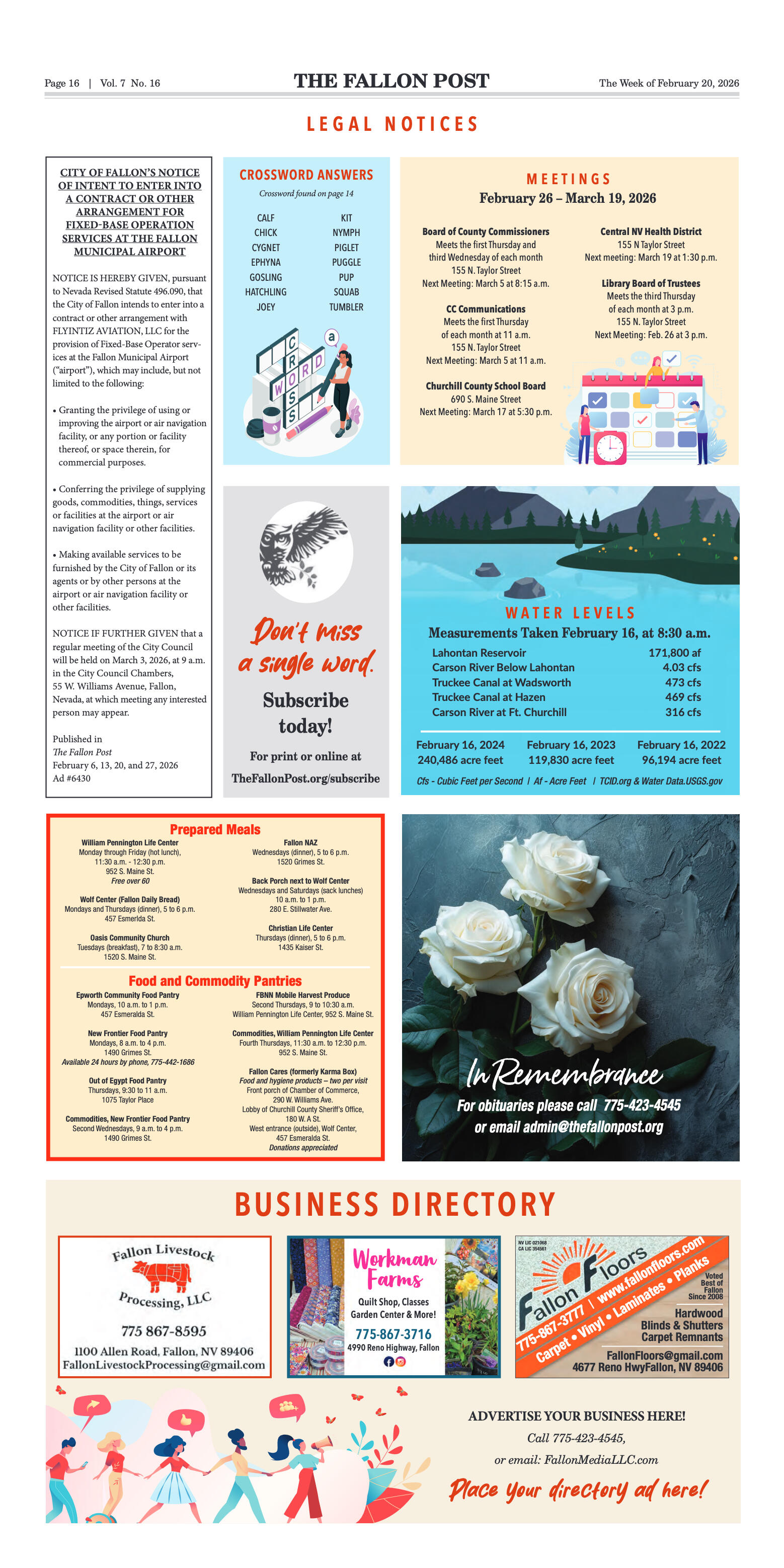
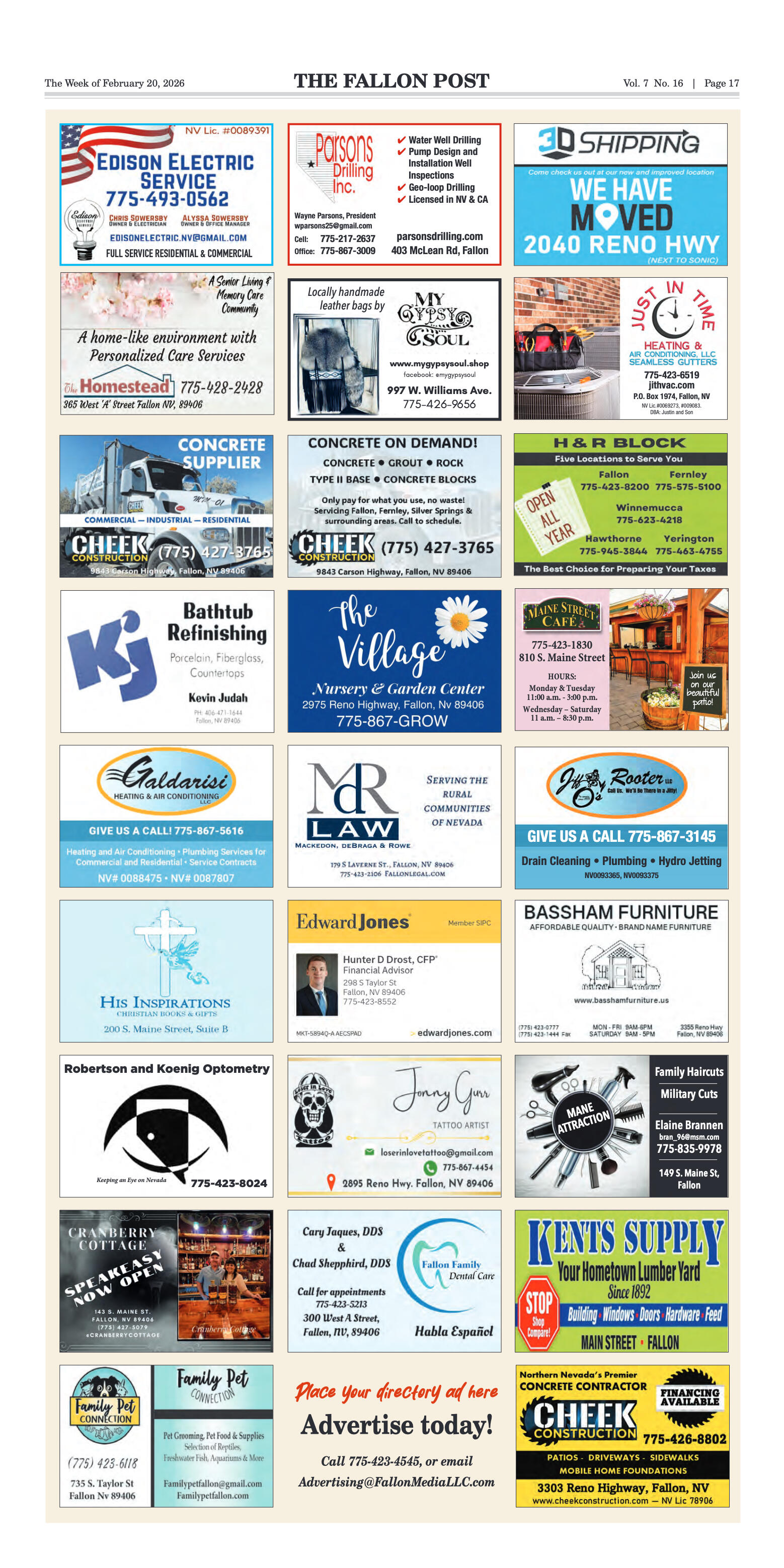



















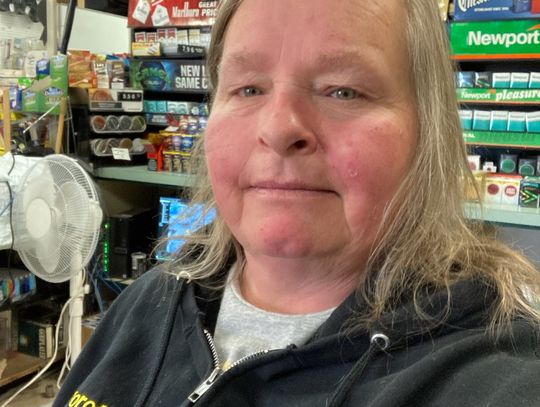


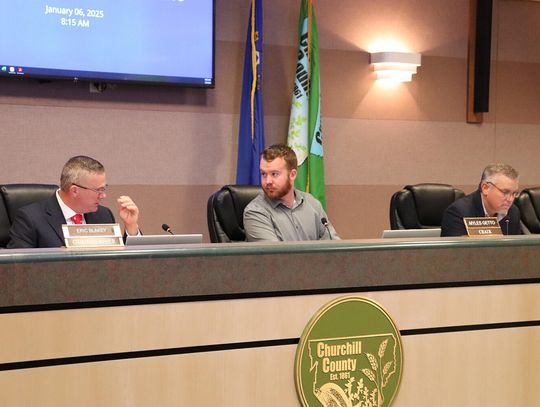


Comment
Comments